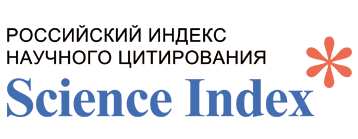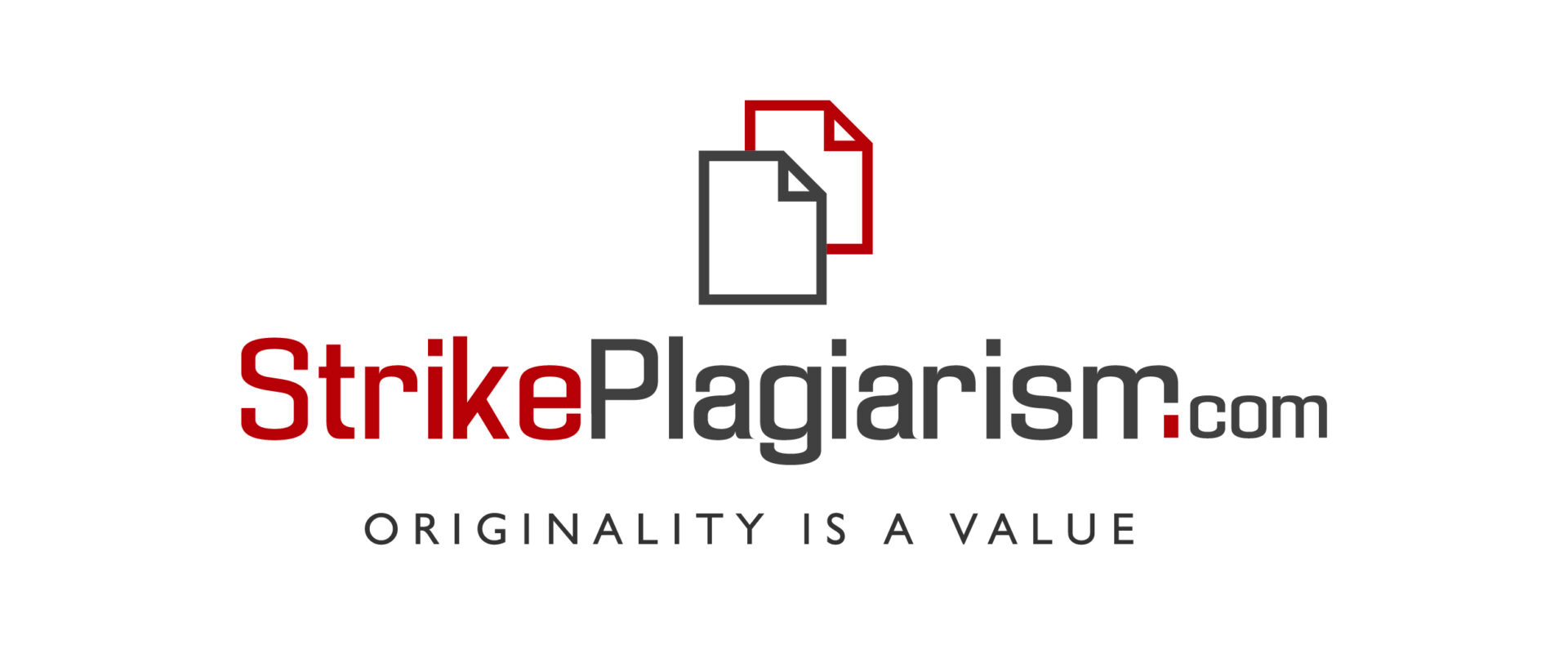DIFFERENT TYPES OF PEDAGOGICAL APPROACHES IN LANGUAGE LEARNING TECHNOLOGY
Аннотация
The article reveals different approaches contributed to the theory of learning languages such as blended learning and flipped classroom. They can take their place in the classroom and become an additional, auxiliary tool for the education of students. The approaches have their advantages and drawbacks. Every educator should take into account all the points and to choose more appropriate technology to involve it into the practice. These methods used effectively can bring to efficient results in the learning process. It is actual concerning nowadays appeal to such methods in the terms of online education.
Ключевые слова:
education, approach, blended learning, flipped classroom, mixed learningБиблиографические ссылки
Glotova A.V.Models of blended learning in the higher education system: theory and practice.
Vestnik of NTcBZhD 2020; (3):38–48.
Blinov V.I., Yesenina E.Yu. Sergeev I.S. Models of mixed learning: organizational and didactic
typology. Higher Education in Russia. Volume 30. No. 5. 2021.
Pletyago T.Yu., Ostapenko A.S., Antonova S.N. Pedagogical models of blended learning in
higher education: generalization of the experience of Russian and foreign practice. Education and
science. 2019; 21(5):112–129.
Vochmin I.V. Blended learning in the modern educational process. MBEO. 2020.
Krivopalova I.V. Blended learning as an innovative way of modernization of the educational
sphere. Bulletin of TSU, vol. 18, issue 1, 2013. ISSN 1810-0198.
Afonin S. Mixed learning. The basics. Access mode: https://sergeyafonin.ru/6-modelej smeshannogo-obucheniya/
Horn N.B, Staker H. Blended. Using Instructive Innovation to Improve Schools. San Francisco.
CA: Jossey-Bass, 2015, p. 304.
Twigg C.A. Improving learning and Reducing Costs: New Models for Online Learning.
EDUCAUSE Review, 2003, vol.38(5). pp. 28–35.
Power M. The emergence of a mixed online learning environment. Quebec, California. Russian
Journal of Mixed Learning, 2020. Issue 1.
Ussipashim S., Niyazova. A. Blended learning in the modern educational process: necessity and
opportunities. KazNU Bulletin. Pedagogical series, [S.l.], v. 59, n. 2, p. 119–126, Sep. 2019. ISSN
-2650.
Bishop J, Verleger M Testing a flipped classroom with modern eliciting activities and Video
lectures in a Mid-Level Undergraduate Engineering Course. Frontiers on Education Conference,
, pp. 161–163.
Vladimirov A.V., Lebedev Yu. B. The “flipped classroom” method in the implementation of the
requirements of the Federal State Educational Standard. Access mode: http://gov.cap.ru/SiteMap.aspx?gov_id=121&id=1919130
Ulendeeva N. I. Theoretical aspects of the technology "Inverted learning". – Pedagogical
sciences. – International Scientific Institute "Educatio" VI (13), 2015. – pp. 87–89. – [Electronic
resource]. Access mode: http://cyberleninka.ru/article/n/teoreticheskie-aspekty-tehnologii perevernutoe-obuchenie
Free e-course “Active learning methods”. Access mode: http://moi universitet.ru/ru/freedk/8547.html
Tushmintseva E. V. Formation of high-level thinking skills as one of the components of optimizing English language teaching in higher school // Young Scientist. – 2010. – No. 3. – pp. 301–303.
Опубликован
Как цитировать
Выпуск
Раздел
Лицензия
Copyright (c) 2021 Bulletin of Shokan Ualikhanov Kokshetau University Philological Series

Это произведение доступно по лицензии Creative Commons «Attribution-NonCommercial» («Атрибуция — Некоммерческое использование») 4.0 Всемирная.











